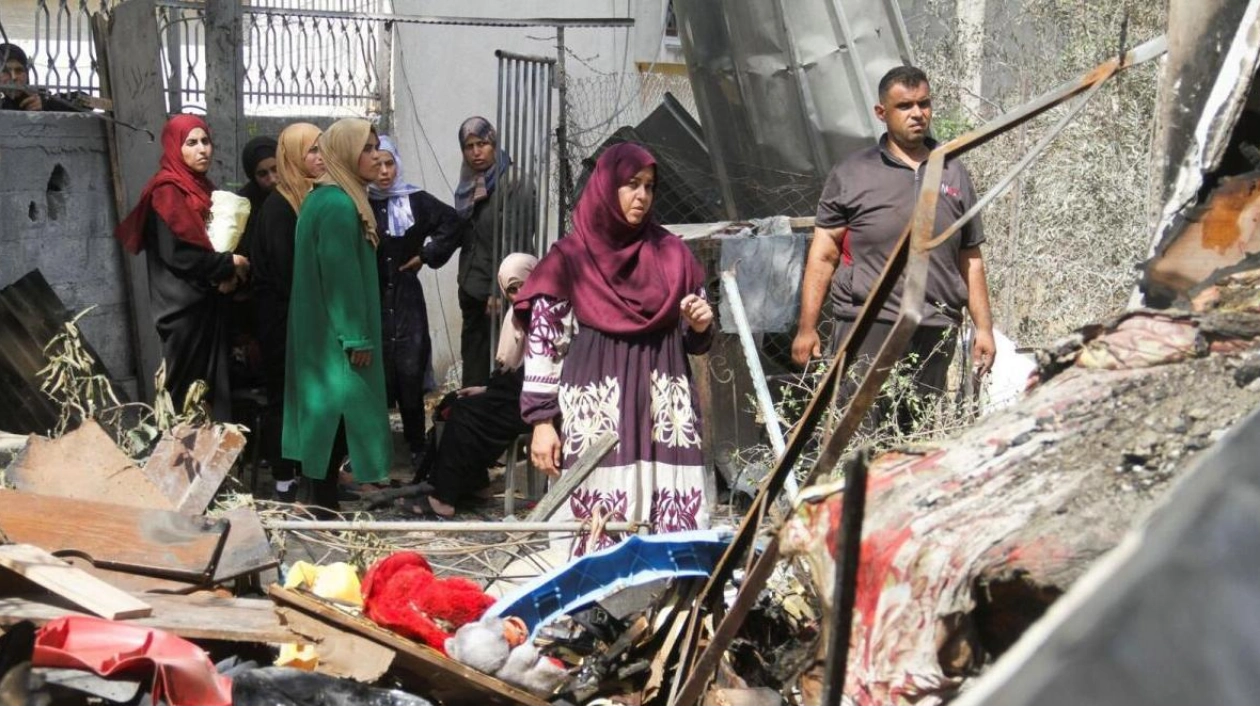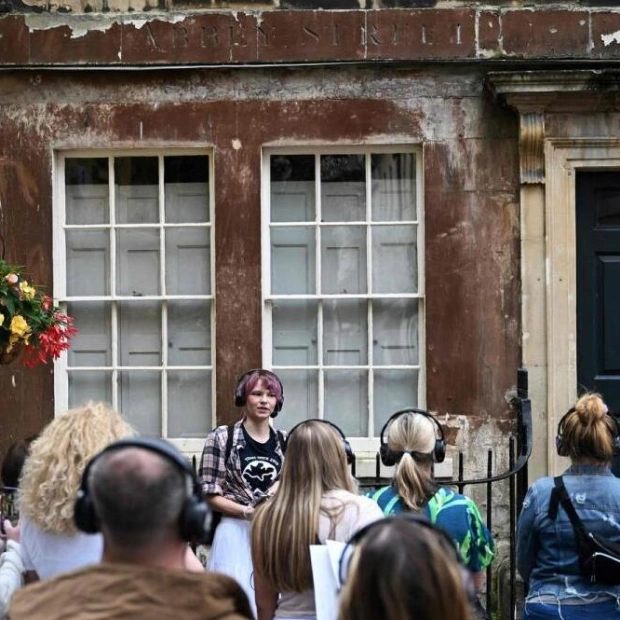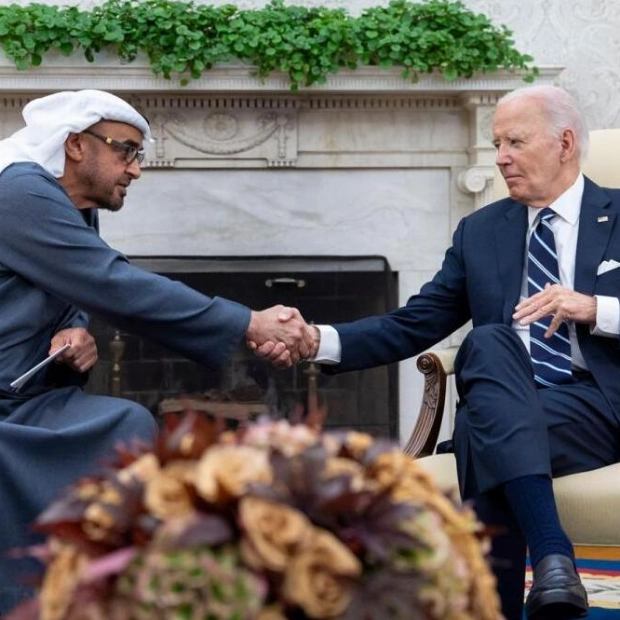Disagreements over Israel's future military presence in Gaza and the release of Palestinian prisoners are hindering a ceasefire and hostage deal, according to ten sources familiar with the recent round of US-mediated talks. These sources, including two Hamas officials and three Western diplomats, told Reuters that the disputes arose from new demands made by Israel after Hamas agreed to a modified ceasefire proposal from US President Joe Biden in May. Hamas is particularly concerned about Israel's latest demand to maintain troops along the Netzarim Corridor, which restricts Palestinian movement in Gaza, and the Philadelphi Corridor along the border with Egypt.
The sources, who requested anonymity to speak freely on sensitive issues, highlighted Israel's control over the Philadelphi Corridor, which allows it to manage Gaza's border with Egypt. Hamas views Israel's last-minute changes in conditions as a potential escalation, fearing that any concessions could lead to further demands. Neither Hamas nor Israeli Prime Minister Netanyahu's office responded to requests for comment. Hamas criticized the latest proposal, urging mediators to adhere to the July framework agreement instead of initiating new negotiations.
Netanyahu's office denied making new demands, asserting that their position was consistent with the previous proposal. They emphasized that only unarmed civilians would be allowed to return to northern Gaza via the Netzarim Corridor. The new proposal, introduced in Rome, suggests establishing a mechanism to ensure this, implying an Israeli military presence to prevent Hamas fighters' movement. Some mediators and Hamas perceive this as Israel backtracking on earlier commitments to withdraw and allow free movement within Gaza.
US Secretary of State Antony Blinken, who concluded his regional trip seeking a breakthrough, announced that Israel had accepted a new US proposal to narrow differences with Hamas. He urged Hamas to do the same, emphasizing the need for detailed implementation agreements to enforce the ceasefire. The specifics of the bridging proposal have not been disclosed. A Western diplomat noted that the US seemed to accept changes proposed by Netanyahu, including continued Israeli military presence in the corridors. However, a US official clarified that negotiations aim to resolve disagreements over various issues, including the corridors and prisoner releases.
The next round of talks is scheduled in Cairo, focusing on the US bridging proposal. Key negotiators from the US, Israel, Qatar, and Egypt are expected to attend. Qatar's Prime Minister is also planning to visit Tehran before Cairo. Iran's foreign ministry did not respond to inquiries. Two Hamas officials criticized the US proposal, rejecting Israeli changes such as continued military presence at crossings and releasing some prisoners into exile. A senior US administration official stated that the proposal maintains previously agreed commitments and includes immediate benefits for Gaza.
Egyptian security officials noted that while Israel and Hamas are willing to resolve most differences, the issue of Israeli withdrawal remains unresolved. Israel aims to secure its southern border, referring to the Philadelphi Corridor. Egypt rejects an Israeli troop presence there and advocates for a Palestinian presence at Rafah, supported by the 1979 Egypt-Israel peace treaty. Hamas sources argue that an Israeli troop presence would amount to continued occupation, impeding civilian movement. The US, along with Qatar and Egypt, continues to support negotiations to end the conflict and secure the release of remaining hostages.
The war in Gaza, which began with Hamas' attack on October 7, has resulted in significant casualties. The United States, Qatar, and Egypt are working to maintain dialogue to achieve a ceasefire and address the humanitarian crisis in Gaza.






